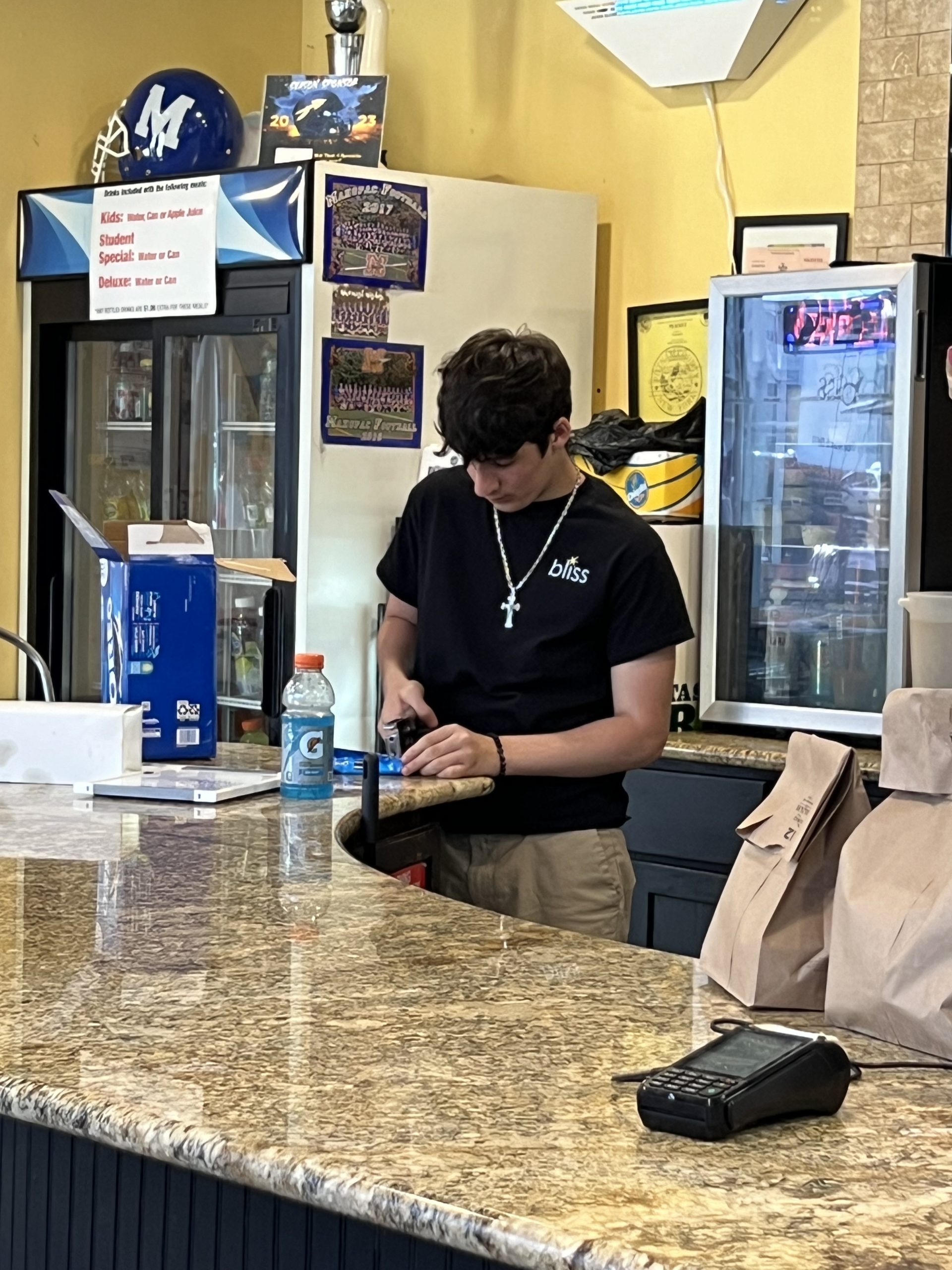Internships and vocational training are crucial tools in empowering autistic individuals, providing them with the skills, confidence, and opportunities necessary to thrive in the workforce. These experiences offer more than just technical skills; they foster social integration, build self-esteem, and create pathways to meaningful employment. For autistic individuals, who often face unique challenges in traditional educational and employment settings, the structured, hands-on learning environments of internships and vocational training programs can be transformative.
Internships serve as a bridge between academic learning and professional life, offering practical experience that is often lacking in classroom settings. For autistic individuals, this practical experience is invaluable. It allows them to apply theoretical knowledge in real-world scenarios, helping to solidify their understanding and improve their problem-solving skills. Moreover, internships provide a controlled environment where they can practice social interactions, teamwork, and workplace etiquette, which are essential for successful employment.
Vocational training, on the other hand, offers specialized instruction in specific trades or professions, tailored to the strengths and interests of autistic individuals. This targeted training helps them develop a high level of expertise in their chosen fields, making them valuable assets to employers. By focusing on practical skills and hands-on learning, vocational programs can be more accessible and engaging for autistic individuals than traditional academic pathways.
Both internships and vocational training emphasize the importance of experiential learning, which is particularly beneficial for autistic individuals. Many autistic people are visual and kinesthetic learners, meaning they learn best through seeing and doing rather than through abstract concepts. Internships and vocational training programs cater to these learning styles by providing concrete, hands-on tasks and real-world applications. This approach not only enhances their learning but also boosts their confidence as they see the tangible results of their efforts.
The social aspect of internships and vocational training is equally important. These experiences expose autistic individuals to diverse social environments, helping them develop essential interpersonal skills. They learn how to navigate workplace dynamics, communicate effectively with colleagues and supervisors, and adapt to various social cues and expectations. These skills are often challenging for autistic individuals to acquire, but they are crucial for long-term employment success.
Additionally, internships and vocational training can help combat the high unemployment and underemployment rates among autistic individuals. According to research, autistic adults face significantly higher unemployment rates compared to their neurotypical peers. By providing practical work experience and demonstrating their capabilities to potential employers, internships and vocational training programs can significantly improve their employment prospects. Employers who have firsthand experience working with autistic interns are more likely to recognize their potential and consider them for permanent positions.
Furthermore, these programs foster a sense of independence and self-reliance. Autistic individuals gain a sense of accomplishment and self-worth from contributing to the workforce and earning their own income. This empowerment extends beyond the workplace, enhancing their overall quality of life and integration into society.
Shrub Oak International School actively collaborates with the local community to secure diverse internships and vocational training opportunities for our students. By forging strong partnerships with various local businesses, including bakeries, restaurants, grocery stores, and pet stores, we ensure that students gain valuable hands-on experience in real-world settings. These collaborations are designed to match students’ interests and strengths with suitable vocational placements, enhancing their practical skills and social integration. Local business owners and managers are educated about the unique strengths and needs of our students, fostering a supportive and inclusive environment. This community-centric approach not only benefits our students but also enriches the local workforce, promoting a culture of inclusivity and understanding.








